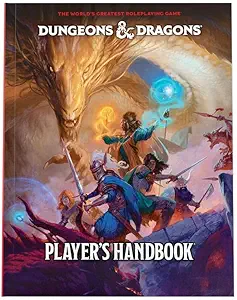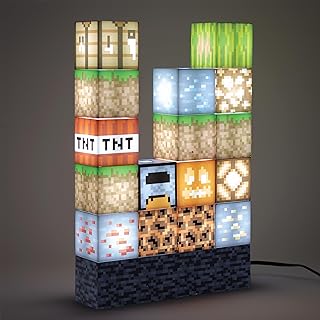No Man’s Sky: A Case Study in Gamedev Transparency
When we talk about the journey of *No Man’s Sky*, it’s hard to ignore the rollercoaster of emotions that players experienced during and after its launch. This ambitious space exploration game launched in 2016 to a storm of excitement, only to face intense scrutiny due to missing features and broken promises. Yet, amidst the chaos, this story is ultimately one of redemption. The developers at Hello Games turned a tumultuous launch into an opportunity for connection and community engagement, marking a significant shift in how developers can choose to communicate transparently with their players.
Why Transparency Matters
Transparency in game development isn’t just a buzzword—it’s a lifeline. It’s about being open and honest with players about what to expect, and when developers foster this transparency, trust flourishes. In a world where gaming releases are frequently plagued by hype and disappointment, players crave genuine communication. Sadly, the industry has seen its fair share of mishaps, with several games failing to meet inflated expectations, leaving players frustrated and feeling misled.
Community Engagement at No Man’s Sky
Hello Games recognized that the only path forward lay in reconnecting with their community. They revamped their communication channels through social media, forums, and even in-game notifications, reaching out directly to the players. Feedback wasn’t just welcomed—it was sought after. You can feel the pulse of the community thunder as they rallied together to share their thoughts, and it was this very interaction that laid down the foundation for an evolving game.
The 611-Hour Save Issue: A Defining Moment
One standout incident highlighted how crucial transparent communication is for player satisfaction. Imagine pouring 611 hours into a game, only to face a save file corruption. It happened to one unfortunate player, and the fallout was just as emotional as you might expect. Hello Games responded promptly and directly, treating the matter not as just another bug, but as an essential moment of human connection. They took the feedback to heart and worked to rectify the situation. As one player shared, “It was a rollercoaster. I lost so much, but seeing the developers step up gave me faith again.” It’s powerful interactions like these that can turn disappointment into loyalty.
Broader Implications for Gaming
What does this incident mean for the broader gaming industry? The response from Hello Games isn’t just a beacon of how to handle crisis; it shows a much-needed potential shift in the industry’s approach. We’ve observed other titles crash and burn due to lack of communication. It’s high time that developers recognize that players are not just consumers—they’re a part of the development process. Cultivating genuine relationships can prevent player outrage and lead to long-term loyalty and increased sales.
Lessons Learned and Recommendations
The journey of No Man’s Sky is a treasure chest of takeaways. Key lessons include the importance of establishing effective communication channels and being forthcoming about game developments, issues, and resolutions. For developers looking to nurture their communities, this means treating feedback not as noise but as a valuable resource. Listening and engaging can turn a harrowing launch into a celebrated narrative of improvement and connection.
The Journey Continues
From a troubled launch to an active community builder, the journey of No Man’s Sky demonstrates how transparency can reshape the landscape of gaming. The time for developers to listen, engage, and act is now. After all, in this interactive world, the voice of the community should echo through the corridors of development studios. What’s your experience with developer transparency? Have you seen improvements in games that truly valued player feedback? Join the conversation and engage with fellow players in the *No Man’s Sky* community through forums and social media. Together, let’s build a healthier gaming ecosystem.










